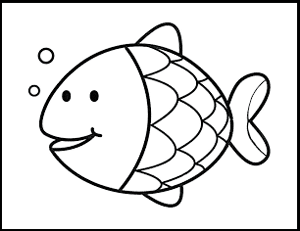SPECIES ID / Freshwater Fish of the Fraser Valley
Lamprey Family (Petromyzontidae)
River Lamprey
kwótawi
Lampetra ayresii
Identification Tips:
• Lower jaw absent
• Long, tubular, eel-like body shape
• Dark brown or brownish gray on sides and back; belly yellowish, silvery around head, gill openings and lower sides
• Caudal fin has a band of dark pigment inside its margins
• Two large teeth on the bar in upper mouth, a large middle tooth on the tongue
• Caudal fin lobes about equal in size, lower lobe joined to anal fin,
Conservation Status:
| British Columbia | Canada | Natureserve | |
| COSEWIC | Species at Risk Act | ||
| Not at Risk (Yellow List) | Not Assessed | None | G4, S4 |
Information Source: BC Conservation Data Centre: http://a100.gov.bc.ca/pub/eswp/
Life History:
• Adults feed by ripping flesh from other fishes including Pacific Herring and Salmon
• Usually kills host in process of feeding.
• Larval form (ammocoete) filter feeds on microscopic plants and animals
• Congregates immediately upriver of salt water just prior to metamorphosis
• Migrate to the sea after transformation
• Preyed upon by fish and birds
Habitat:
• Parasitic adults in estuaries (mostly) and the ocean
• Spawn in gravel riffles of streams
• Larval form (ammocoete) in muddy backwaters of streams
Range:
British Columbia
• Strait of Georgia and Fraser River
• A landlocked population exists in Morrison Creek, Courtenay, Vancouver Island
Global
• Widely scattered, isolated populations Sacramento, California, to near Juneau, Alaska
––––––
Primary Information Source:
McPhail, J.D. 2007. The Freshwater Fishes of British Columbia. University of Alberta Press. Edmonton, Alberta.

